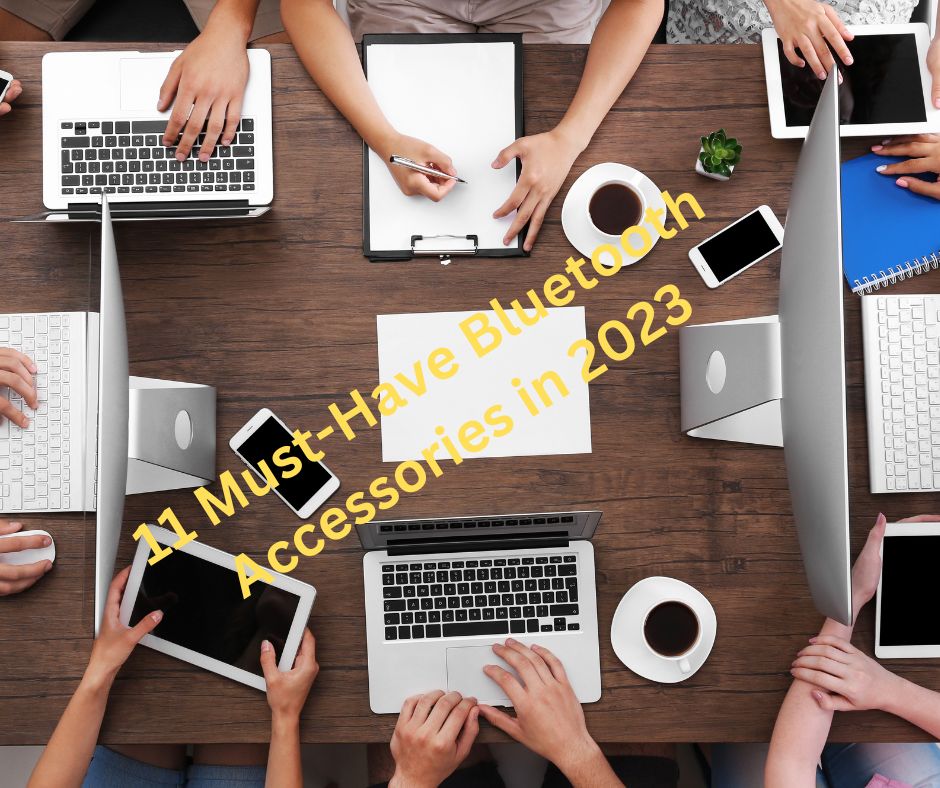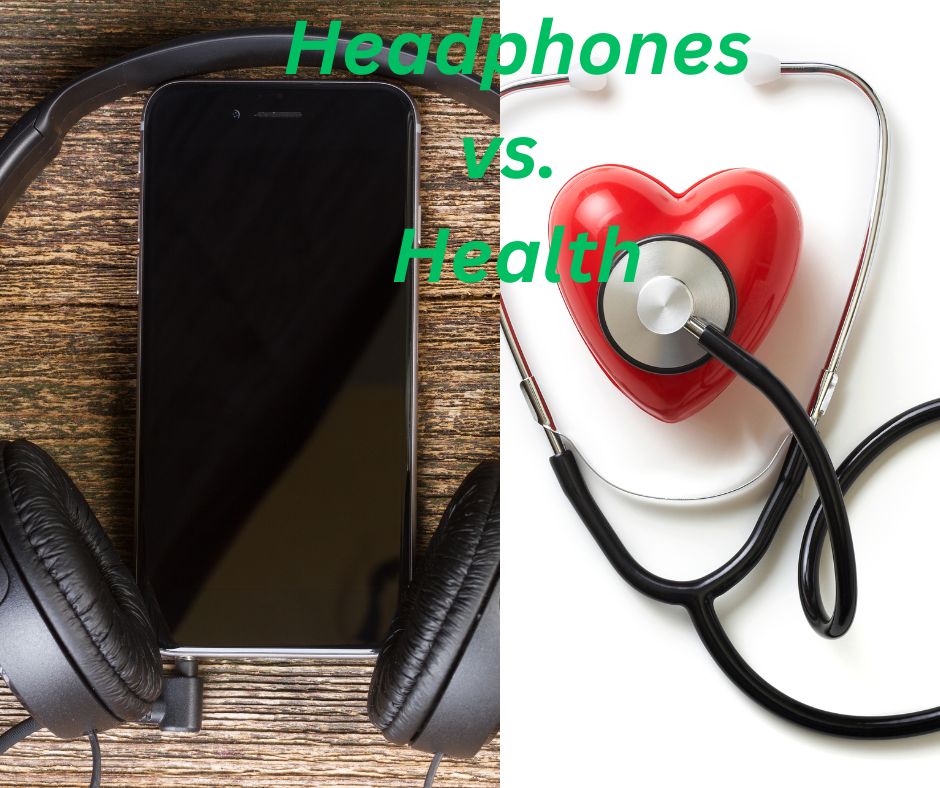[ad_1]
Netflix drama Everything now Set to become a favorite among the younger and older generations alike, this is a nostalgic take on teenage life, from first romances to drug dabbling and house parties.
The show follows Mia. talk to me star Sophie Wilde), a sixth form student who returns to school after working at an eating disorder rehabilitation clinic. She thinks about trying to meet all the social milestones she feels she’s missed, and creates a “F**k It Bucket List” of activities to tick off. Sex, partying, drugs – you name it. Indecency, here she comes.
Netflix’s ‘Everything Now’ Review: Put This Awesome Teen Show On Your Bucket List
But Everything now Not only does one look closely at the devastation that bad food can have on one’s life and identity, not to mention their family and friends; It also has a special message about sexuality. The eight-episode series explores different areas of the sexuality spectrum, but best of all, it does so in a subtle way, allowing the characters’ stories to unfold for themselves and their sexualities within these narratives. Harmony allows for existence.
Everything now Avoids making sexuality a plot point.

Sophie Wilde as Mia.
Credit: Netflix / Left Bank
In an interview with Glamor UK, Everything nowWriter and creator Ripley Parker spoke of the importance of “making one’s sexuality a plot”.
“I think many, maybe most, of the key romantic relationships portrayed on the show are queer relationships. But at no point does anyone need to come out or assign a label,” she said.
Parker added that this type of on-screen portrayal is an “idealized” version of how sexuality is viewed in society, due to the trauma, prejudice and difficulty associated with navigating sexuality off-screen. can be done However, she stressed that it’s important for both queer and straight youth to see portrayals of sexuality as “just a part of who you are — it doesn’t have to be something.” which makes your life difficult”.

Mia (Wild) and Carly (Tik Tok star Jessie Mae Alonzo).
Credit: Netflix / Left Bank
We see protagonist Mia navigate dating, sex, and relationships with both young men and women, without the show using her bisexuality as a “plot.” One entry on her F**k It List is “losing my virginity”, and she explores possible sex with people of the opposite sex without labeling the series or emphasizing it as a plot point. Is. Whether Mia’s first sexual experience is with a boy or a girl is not over-dramatized or problematized, often dodging it. Conflicting definitions and attitudes around virginity.
How different areas of the sexuality spectrum are represented in movies and TV shows is also important. Organizations like GLAAD Media Institute Work for authentic representation on screen, mentoring and training creators in the industry on harmful tropes and how to best represent the LGBTQIA+ community. Raina Deerwater, GLAAD’s manager of entertainment research and analysis, echoes and agrees Everything nowA mission to tell stories of sexuality that exist outside of high drama and trauma.
“A lot of times, stories build a character’s identity through tragedy,” she tells Mashable. “We encourage more stories to include LGBTQ people, especially trans people, as people who exist and live their lives in their own unique ways, outside of transition and narrative. ” Dearwater emphasizes the importance of this representation in combating stereotypes and harmful discourse.
“We encourage more stories to include LGBTQ people, especially trans people, as people who exist and live their lives in their own unique ways, outside of transition and narrative.”
Founder of LGBTQIA+ Inclusion Consultancy Beyond Binaryagrees that there can sometimes be a “common denominator” in that someone from a disadvantaged group has a negative or tragic end. [on screen]Almost silently discouraging people from being gay or bisexual creates a negative life trajectory.
“When we’re sharing stories of authenticity as a queer person, sharing everyday stories, it’s normalized that queer people are just people too,” Lynam tells Mashable. He adds that the lack of queer representation on screen when he was growing up “made it difficult to talk to people about my sexuality and gender because it was still seen as a taboo or a ‘secret.’ was seen, although there were many strange actors.”
Everything now Explores a range of different sexualities.

BFFs: Becca (Lauryn Ajufo), Will (Noah Thomas), and Cam (Harry Cadby).
Credit: Netflix / Left Bank
Different sexualities on the spectrum are also thoroughly explored. Everything now — One of Mia’s friends, Will (perfectly played by newcomer Noah Thomas), embarks on a journey to discover his own attraction to others. He questions whether he feels sexual attraction at all, not knowing what it feels like to “like” someone (a brief allusion to asexuality). Will then considers whether he needs an emotional bond with a person to initiate sex – “I’m starting to understand that I need a relationship first,” he says. ” – which is defined as Demisexuality on the ace spectrum.
This conversation, again, does not fully define Will’s character but merely brings to the surface questions that serve to address the wide range of identities on the spectrum of sexuality, and the experiences that come with it.
How the queer community can embrace the asexual spectrum.
According to Matthew James Belfield, head of communications and marketing at the LGBT Foundation, exploring these sexualities “normalises diverse sexual orientations rather than dramatising them”. “It highlights the uniqueness of each person’s journey and counters past media practices that spread stereotypes and misconceptions, particularly around ace and bi+ identities and sexualities.”
It’s also important that shows like virginity, a tough and sensitive topic for young people and often misunderstood by the unexplored or the unsettled, are handled responsibly. Everything now. As Will deals with his sexuality, for example, Cam (played by Harry Cadby), another member of Mia’s friendship group, assures him that his friends don’t care. Do when he or she decides to have sex—offering comfort around a topic that comes up with it. A lot of pressure and expectations, especially if you’re questioning your sexuality.

Lauren Ajufo as Becca, Niamh McCormack as Alison, Noah Thomas as Will, and Harry Cadby as Cam.
Credit: Netflix / Left Bank
Belfield says that seeing teens’ sexual milestones on screen that transcend heterosexuality helps LGBTQIA+ teens feel “seen and validated,” as well as harmful stereotypes and stereotypes of certain groups, especially queer ones. Avoids unhelpful objections from women.
“Broadening the scope shows that these ‘first time’ narratives can happen to anyone, not just cisgender and straight people,” explains Dearwater. “Gen Z is the most exciting generation yet. And the media has to move beyond conflicting perspectives and reach out to them in terms of portraying different narratives.” She adds that depictions of queer experiences of virginity have “raised rigid expectations” on people of all ages and genders. Sakti” who are exploring their sexuality.
Today’s TV representation of sexuality is still not without criticism.

Thadda Graham as O in “Sex Education”.
Credit: Samuel Taylor/Netflix
Of course, not all attempts at representation on screen are without criticism. The latest (and final) season of Sex education Ace character Sarah “O” Owen, played by Thadda Graham, faced backlash for demonizing her and limiting her scenes.
Asexual workers Yasmin Benoit spoke after a while. After the new season of the fellow British Netflix series aired, he expressed “disappointment” with the portrayal of the character after serving as a consultant while the character of O was being written. While having a story for a single character in a major Netflix show is positive, it needs to be done with sensitivity to the labels and demonization surrounding such characters and their sexuality.
A cardiac arrester Season 2For example, her portrayal of asexual teenager Isaac (Toby Donovan) and his journey towards defining and accepting his asexuality has been praised, Lynam explains, partly because Isaac’s story and sexuality was “not played out and forced, creating a positive and healthy perspective on what young people can question about their sexuality”.

Toby Donovan and Joe Locke as Isaac and Charlie in “Heartstopper”.
Credit: Netflix / Samuel Dorr
“It’s an underrepresented community, and it’s still at the beginning of its awareness journey,” Benoit told Mashable. “If people are introduced to asexuality through a character who comes across as cold-hearted and manipulative, it can have a negative impact on the way people view asexual people – especially When there are very few examples of heterosexuality elsewhere.”
‘Ace’ is the first book of its kind. Here’s why anyone, asexual or not, should read it.
The incident underscores the importance of continuing conversations about the representation of sexuality in TV and film and finding ways to improve practice in the wider industry.
“TV still needs more queer storytellers, and for them to be elevated and supported by studios and networks,” Deerwater says. “There is still a lack of stories from underrepresented groups, including people with disabilities, queer Indigenous people, queer people living with HIV, the trans community, and queer characters of color.”
She adds that writers and creators should make sure that these stories and characters don’t get involved in conflicting narratives. “Shows still have an LGBTQ character in a collection of straight people, when in reality there’s a community and select family of a lot of queer people,” Deerwater says. “We encourage stories to explore diverse queer narratives and include many LGBTQ characters to show the diversity in our lived experience.”
For Benoit, making sure queer people are involved in the creation of these TV characters and stories — and that their ideas are taken on board. “There needs to be diverse voices in the room, to make sure those stories are authentically told and that the issues that really matter are being addressed,” she says.

TV shows like “Everything Now” have the power to make meaningful strides for many aspects of the queer community.
Credit: Netflix / Left Bank
“Culture can be a powerful tool for change,” Darwater added. “TV and film should reflect the entire LGBTQ community, including underrepresented communities, and show them as fully conscious people. should, not as stereotypes and caricatures.”
Like TV shows Everything now Creating a label-free and fluid space for people to explore their sexuality has the power to make meaningful progress for many aspects of the queer community. Discussions and representations can go on for a long time.
How to watch: Everything now Now streaming on Netflix.
An article by Everything Now and Mashable mentions eating disorders. If you feel you need to talk to someone about your eating behavior, text “NEDA” to the crisis text line at 741-741 or the National Eating Disorders Association to connect with a trained volunteer. Visit the association’s website. For more information.



